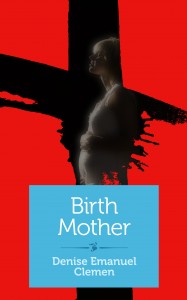Do you know a birthmother?
There are millions of us birthmothers. For every adoptee, there is one of us. We’re your sisters, your friends, your aunts, your cousins, your teammates, your co-workers, your wives and girlfriends, that person next to you on the plane who’s flying home to see her mom and tells you everything after her 4th rum and coke.
Do you know what to say on Mother’s Day?
Each of our stories is unique, and they’re all the same. What you say to the particular birthmother(s) that you know probably depends on the story. Think about what you know. Step into her shoes. Is she still keeping her secret from others with you being one of the few in her confidence? Is she happily reunited with her son or daughter? Has her child refused to meet her? Is she searching? Does she have other children? Maybe you invite her over for coffee or take her out for a drink. Maybe you tell her you feel enriched by knowing her story, or you give her a card or a take time for a conversation. Maybe you ask her what she thinks of Birthmother’s Day, which is today, by the way, in case you didn’t know.
I don’t exactly hate the idea of Birthmother’s Day, myself. But I don’t really love it either. The phrase Happy Birthmother’s Day pretty much gets stuck in my throat. I’d rather cough up a carving knife than say that, but the idea of commemoration is a good one. We’re here. So, I’m thinking of us and all of our stories.






